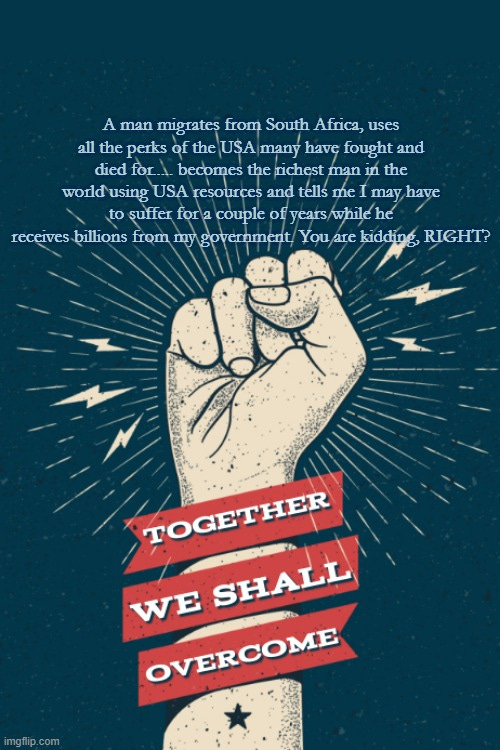Musk, Botha, Sacks, and their allies, the journey from South Africa to Silicon Valley
Silicon Valley's South African Roots: A Legacy of Apartheid and Privilege to Trump Advisors as megadonors
Here is information based on Chris McGreal's reporting and public knowledge about the relationship of David Sacks, Roelof Botha, Peter Thiel, and Elon Musk to apartheid-era South Africa and its lasting impact:
Silicon Valley's South African Roots: A Legacy of Apartheid and Privilege
Chris McGreal, a seasoned journalist known for his investigative depth, has brought to light a complex web of connections between Silicon Valley's tech titans and the shadowy legacy of apartheid South Africa. In his explorations, McGreal touches on the lives of influential figures like Elon Musk, Roelof Botha, David Sacks, and Peter Thiel—men who have shaped the digital age, yet whose roots are entangled with a system of institutionalized racial oppression.
Apartheid, the South African policy of racial segregation and white supremacy, officially governed the country from 1948 until the early 1990s. Under apartheid, the white minority held sweeping power over the Black majority, using laws and violent enforcement to maintain a rigid racial hierarchy. The effects of this system shaped not only the lives of the oppressed but also the privileges of those who benefited from it—directly or indirectly.
Elon Musk, the most prominent among them, was born in Pretoria in 1971 and spent his early years in a country under the firm grip of apartheid. Though Musk has rarely spoken at length about South Africa's racial policies during his youth, critics and observers, including McGreal, have noted that he grew up insulated from the brutal realities faced by Black South Africans. Musk attended private, English-speaking schools that primarily served white students. His family's relative wealth and privilege allowed him access to opportunities—such as computing and higher education—that were systematically denied to the majority population.
Roelof Botha, another South African-born Silicon Valley leader, is the grandson of Pik Botha, the long-serving foreign minister under apartheid who defended the regime on the international stage. While Roelof himself was too young to be involved in government, his family’s legacy links him to the structures of power that sustained white rule. The Botha name carries weight in South African history, and Roelof’s path—from the University of Cape Town to Stanford Business School—was one smoothed by generations of status within a segregated society.
David Sacks, too, was born in South Africa, though his family moved to the United States during his childhood. Like Musk and Botha, Sacks’ early years were shaped in part by the privileges afforded to white South Africans. As a co-founder of PayPal alongside Musk and Thiel, Sacks became part of what is now known as the "PayPal Mafia," a group that later went on to dominate large portions of Silicon Valley’s tech and investment ecosystem.
Peter Thiel, while not born in South Africa, played a crucial role in shaping the careers of these men. As an investor and philosophical ideologue behind many of Silicon Valley’s libertarian leanings, Thiel’s close alliance with Musk and Sacks formed around shared ideals of disruption, innovation—and, critics argue, a blindness to structural inequality. While Thiel himself didn’t grow up under apartheid, his associations with those who did raise questions about the import of privilege in the making of tech empires.
McGreal’s analysis suggests that while these men may not have actively supported apartheid, they were raised in, and in some cases benefited from, a system built on racial injustice. More troubling, perhaps, is the way their public personas have largely sidestepped critical reflections on that history. Silicon Valley’s culture of meritocracy often ignores the unearned advantages that come with being born into privilege—advantages sharpened in a context like apartheid, where race determined nearly every aspect of life.
In sum, the story told through Chris McGreal’s lens is not one of direct complicity, but of silent inheritance. The legacy of apartheid echoes in the lives of those who escaped its collapse and flourished abroad. For Musk, Botha, Sacks, and their allies, the journey from South Africa to Silicon Valley was paved not just with ambition and talent, but with the lingering benefits of a system that once declared racial inequality as law. Understanding this context is crucial in reckoning with the full story behind today’s tech titans—and the structures that helped shape their ascent.


